Fatah, Hamas set to discuss elections at Cairo reconciliation talks
After 15 years of rivalry between Fatah party and the Palestinian resistance movement Hamas, the key Palestinian factions plan to meet in the Egyptian capital Cairo this week to tackle issues that could threaten long-awaited elections.
Leaders of several Palestinian political factions, including Hamas and Fatah, were scheduled to start a comprehensive national dialog in the Egyptian capital Cairo on Monday, aiming to reach an agreement on the mechanism of holding the general elections in the occupied Palestinian territories.
The Fatah delegation led by Jibril Rajoub and Hamas's team headed by Saleh al-Arouri would examine ways to boost the inter-Palestinian reconciliation.
Technical, legal and security issues would also be discussed to ensure the first Palestinian votes in 15 years.
Khalil Shikaki, director of the Palestinian Center for Policy and Survey Research in Ramallah said a string of nuts-and-bolts issues must be addressed among the political factions before any vote.
Palestinian President Mahmoud Abbas announced in a decree last month that the 2021 general elections will include legislative elections being held on May 22, presidential elections on July 31 and the Palestinian National Council elections on August 31.
Hamas welcomed the decree and expressed its “strong eagerness to make this obligation successful.”
The movement also called for dialogue ahead of the votes.
Earlier last month, Ismail Haniyeh, head of Hamas political bureau, wrote a letter to the Palestinian president, calling for ending division, building partnership, and accomplishing national unity, according to a statement issued by the Palestinian Authority, which is the governing body in the West Bank led by Abbas.
Major challenges still loom over the vote. Top of the list is east Jerusalem al-Quds, the majority Palestinian part of which annexed by Israel following the 1967 Six Day War in a move not recognized by most of the international community.
Abbas has previously said he would not agree to elections unless Palestinians in east Jerusalem al-Quds can vote. But such a guarantee is unlikely from Israeli regime, which has labelled the entire city its "undivided capital".
The Palestinian Authority (PA) has asked the European Union to send an election observer mission to oversee the vote in east Jerusalem al-Quds.
The Palestinian leadership has been divided between Fatah and Hamas since 2006 when the latter scored a landslide victory in parliamentary elections in the besieged Gaza Strip. Hamas has ever since been running the densely-populated coastal enclave, while Fatah has been based in the autonomous parts of the Israeli-occupied West Bank.
However, the new decree remained far from clear whether the voting would actually be held. Previous reconciliation attempts by the two sides to form a power-sharing unity government in Gaza and the West Bank have failed. The pair agreed on a unity government in April 2014, but it fell apart months later.
The relation between the Palestinian Authority and the United States soured after the administration of former president Donald Trump recognized the whole Jerusalem al-Quds as the so-called “capital” of the Israeli regime and moved the US embassy from Tel Aviv to the city, cut aid to Palestinians in the West Bank and proposed a much-condemned plan – known as the Deal of the Century – that allowed Israel to seize large parts of the West Bank and the Jordan Valley.
Abbas hopes that US President-elect Joe Biden reverses what Trump had done against Palestinians. But such elections, with the participation of Hamas, could also complicate Biden's alleged plans to restore aid to the Palestinians since Washington has since 1997 designated Hamas as a “terrorist” group.
This is while Hamas has for years defended the besieged Gaza Strip from frequent Israeli incursions, notably during three wars the regime imposed on the impoverished enclave.
Israel captured the West Bank, Gaza, and the East Jerusalem al-Quds in the 1967 war, territories the Palestinians want for their future state.
Explainer: What makes Iran's Rezvan and Raad loitering munitions prized assets?
VIDEO | Unseen agony: Missing loved ones of genocide in Gaza
Iran cuts gold import tariff to zero
Pezeshkian: Iran determined to develop, boost ties with neighbors
VIDEO | Israel, Hamas ceasefire agreement: Closer than ever
VIDEO | Gaza ceasefire to be put in place under resistance conditions
Hot water and sewage: Palestinians share harrowing tales of torture in Israeli prisons
VIDEO | Thousands evacuated in Ethiopia amid earthquakes, volcanic eruption fears






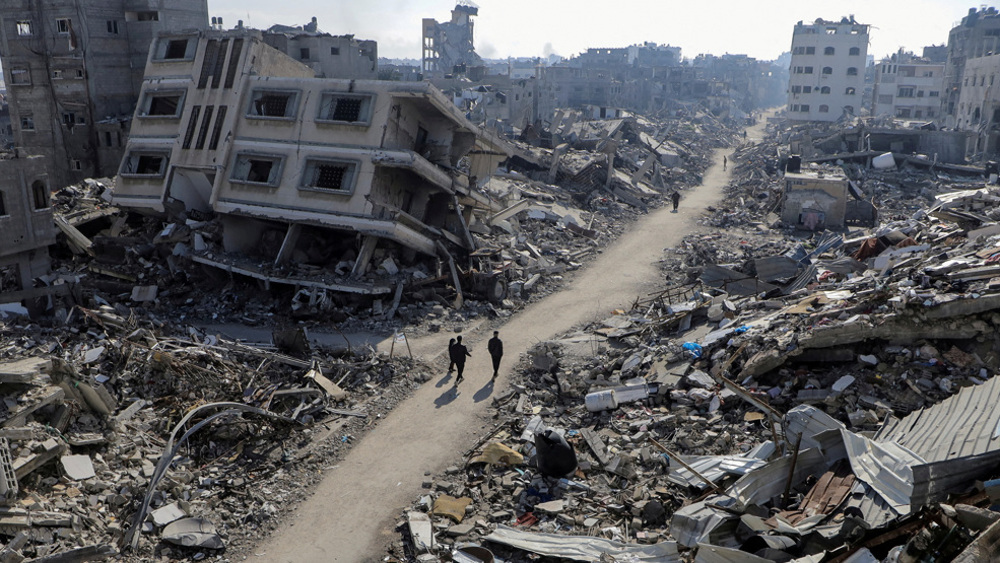
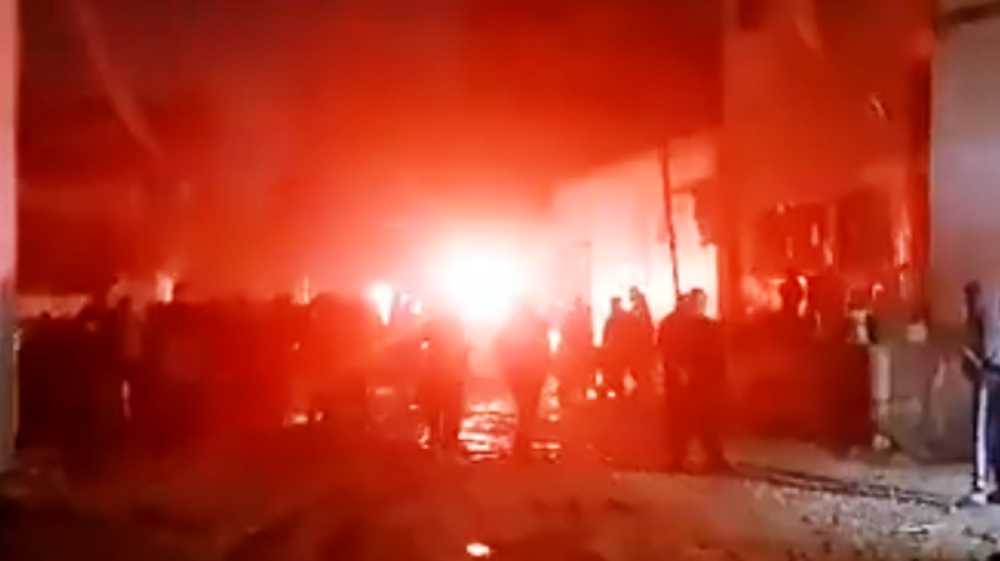
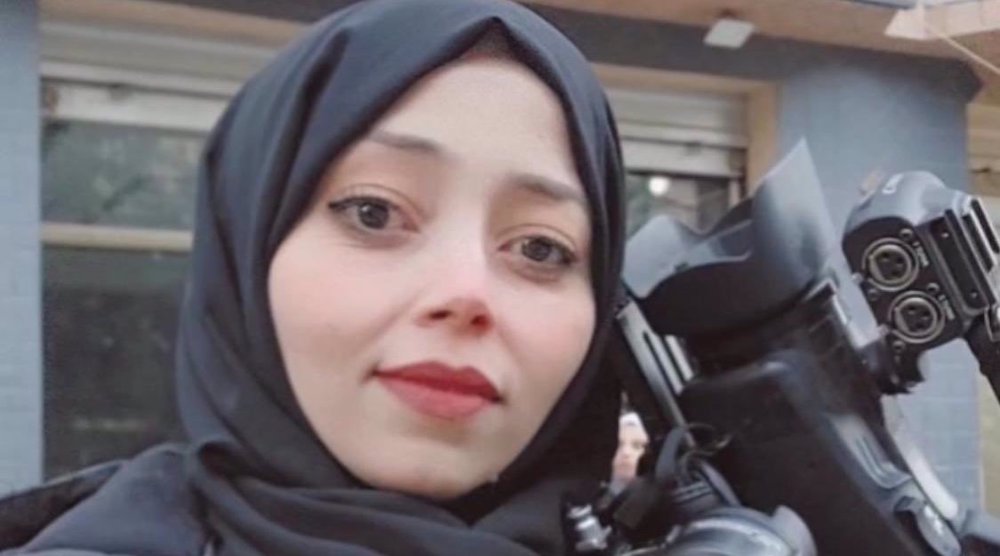



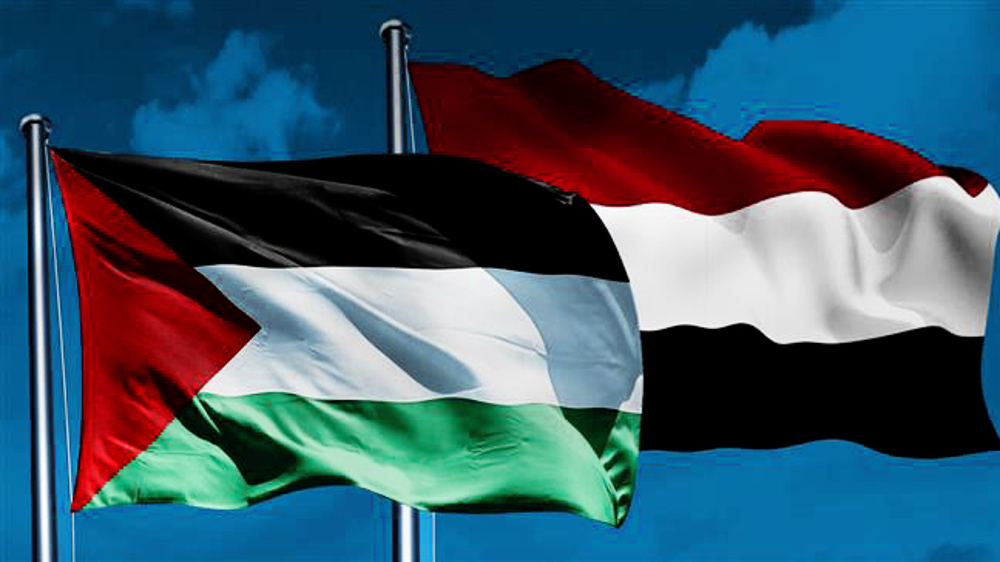
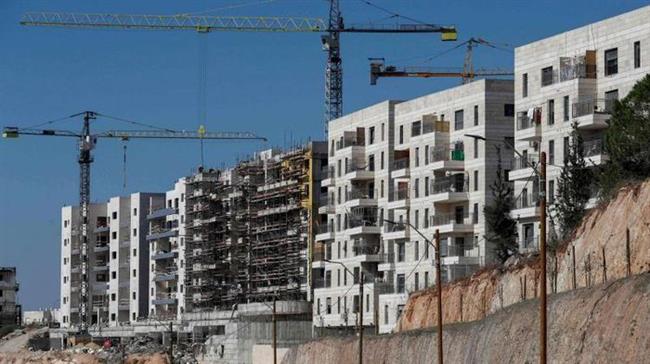
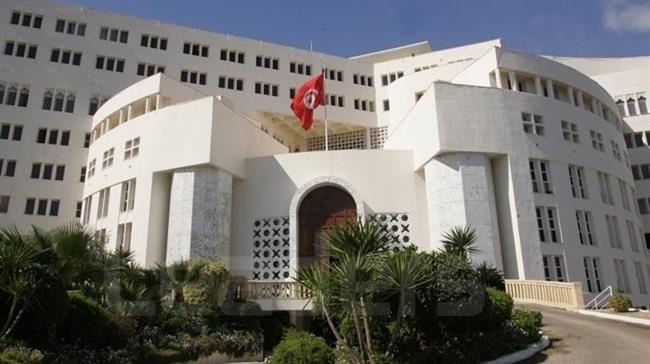
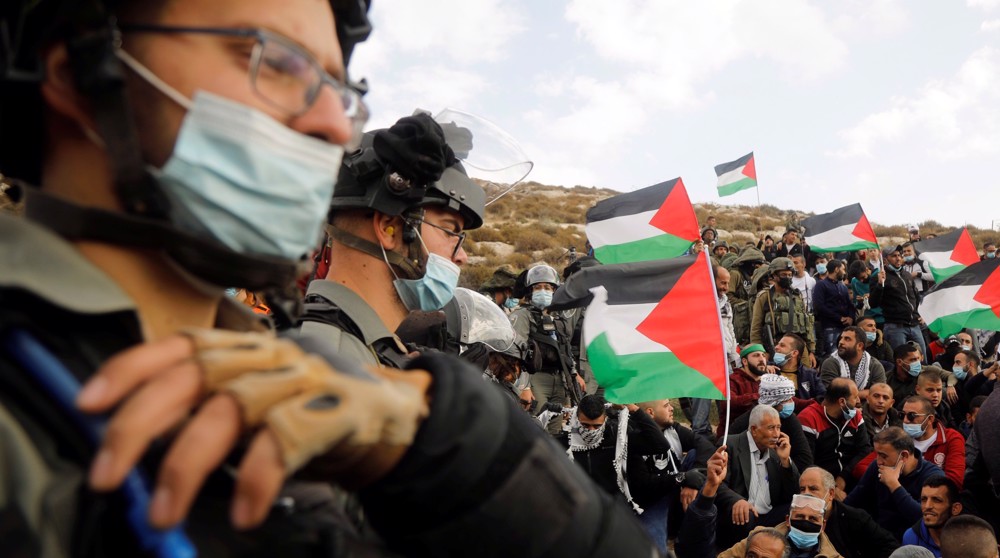
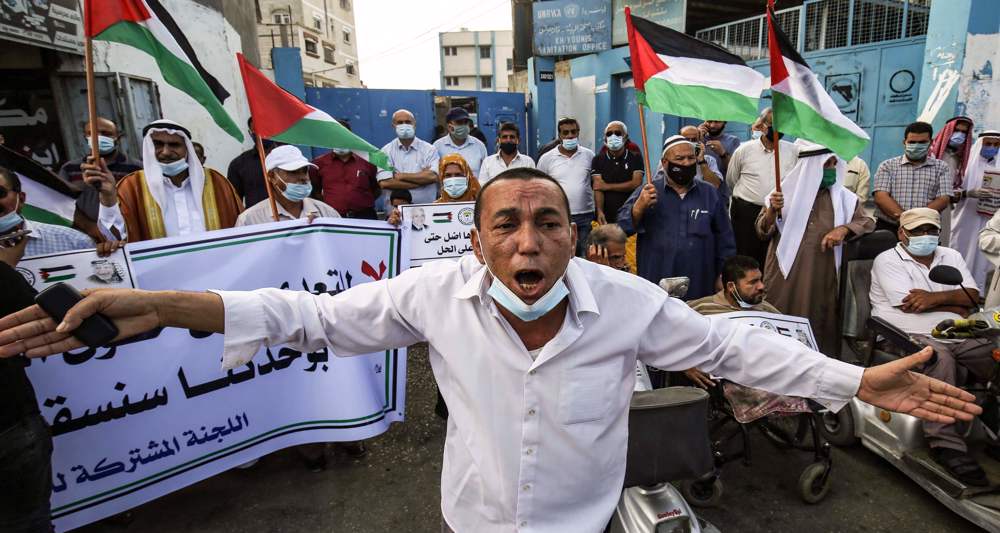
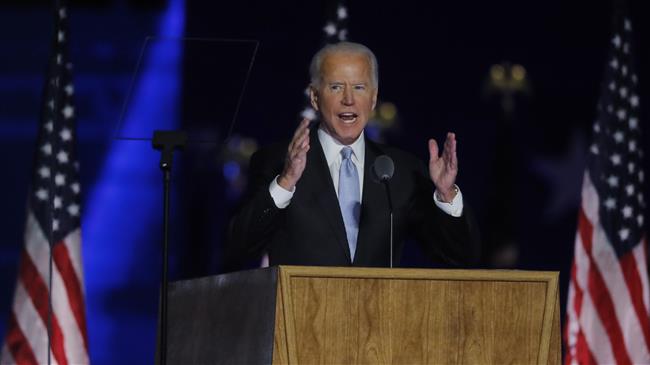
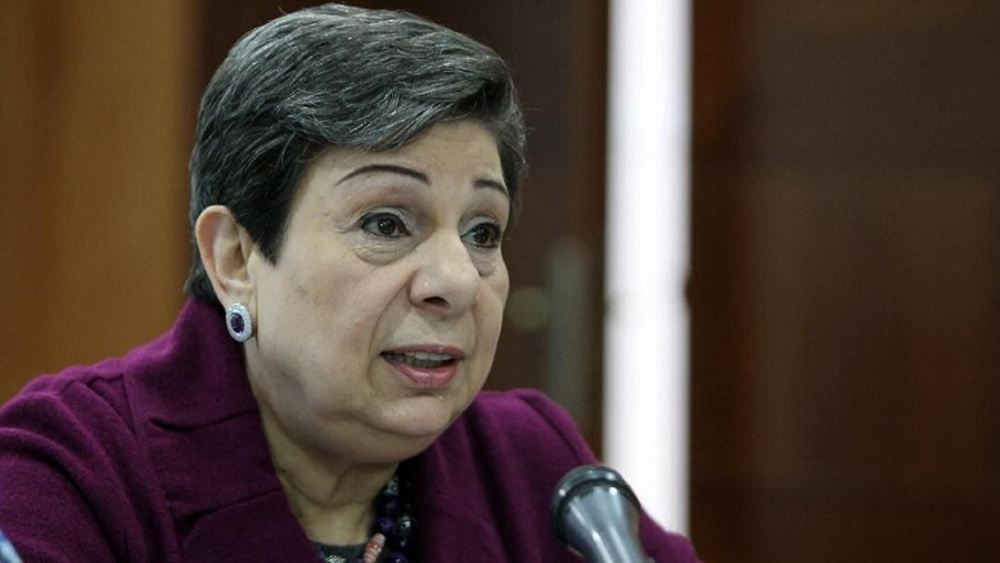


 This makes it easy to access the Press TV website
This makes it easy to access the Press TV website